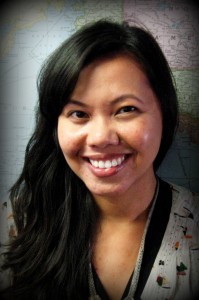
We are in the final stretch.
As you may recall, CIEL has been working since 2012 to ensure that the revision and update of the World Bank’s policies that safeguard communities and the environment are stronger and better reflect international law. On August 4, 2015, the World Bank kicked off the much-anticipated third and final consultation phase of its Safeguard Review by publicly releasing the Revised Draft of the Environmental and Social Framework. This Framework includes the Bank’s policies to ensure that its projects “do no harm” to the environment and communities.
Leading up to this moment, CIEL spearheaded advocacy efforts to ensure meaningful, worldwide, in-person participation by communities that may be impacted by World Bank projects. To us, it is obvious that the voices of communities should be the first ones to be heard when decisions about development could have direct impacts on their lives and livelihoods. But, the Bank was contemplating a different approach – one reliant largely on online consultations that would be completed in as little as two months.
As a result of this mounting pressure, the Bank decided against a strictly online consultation. While the details are not fully available, the Bank has agreed to hold consultations in at least 30 countries. The final consultations will focus not only on implementation (as originally contemplated), but also on substantive issues that “require further attention,” as the Bank puts it. When the Executive Board met in June and July, they requested that the Bank provide a list of questions to guide what this means.
Another highly contested issue is whether the policies will allow the use of a country’s laws and regulations in lieu of the Bank’s suite of environmental and social policies. Critical to this issue is the criteria that will be used to decide whether or not to rely on a country’s national legal and regulatory framework. Equally important is the assessment and treatment of a country’s track record of implementation, as well as the enabling environment for critical voices. For instance, what will the Bank do when a country, such as Cambodia, has laws on the book, but the lacks the political will and capacity to implement its own legal framework in a non-discriminatory manner?
Originally posted on August 15, 2015.
